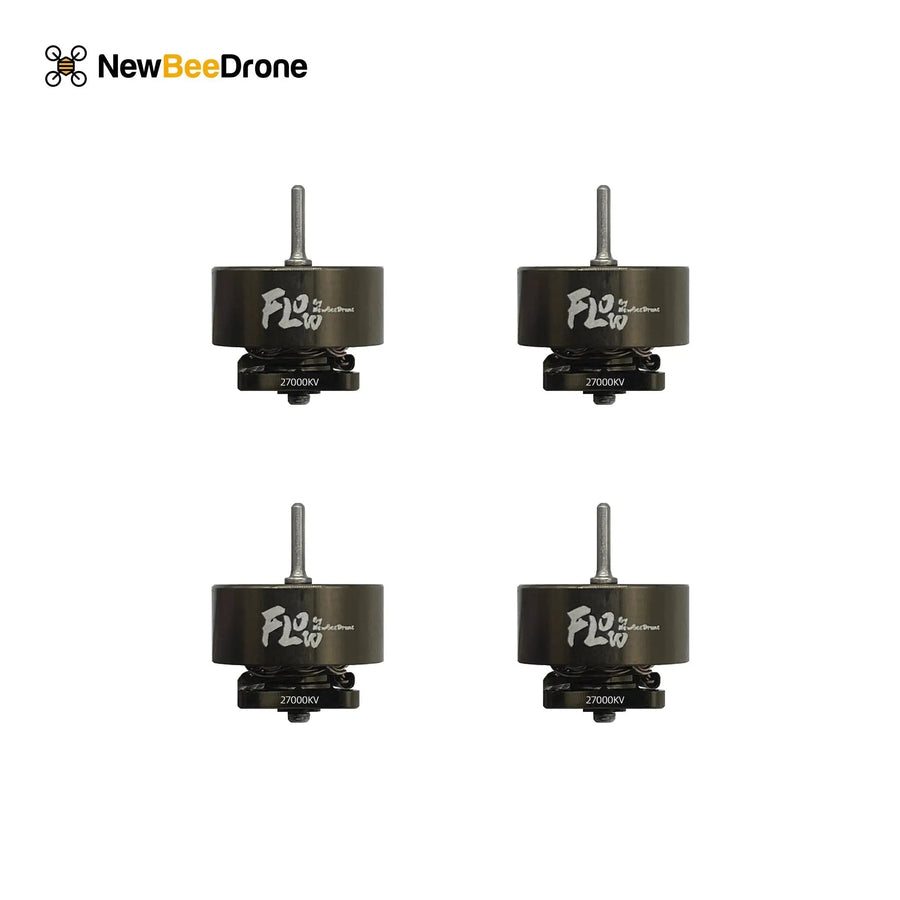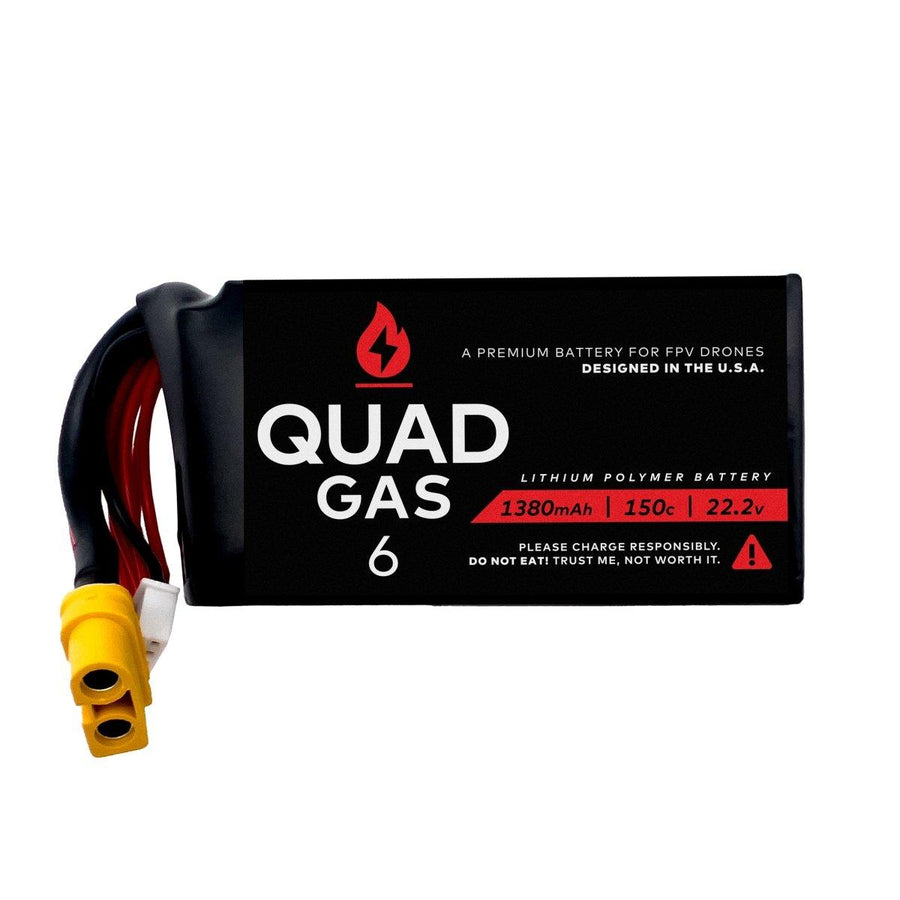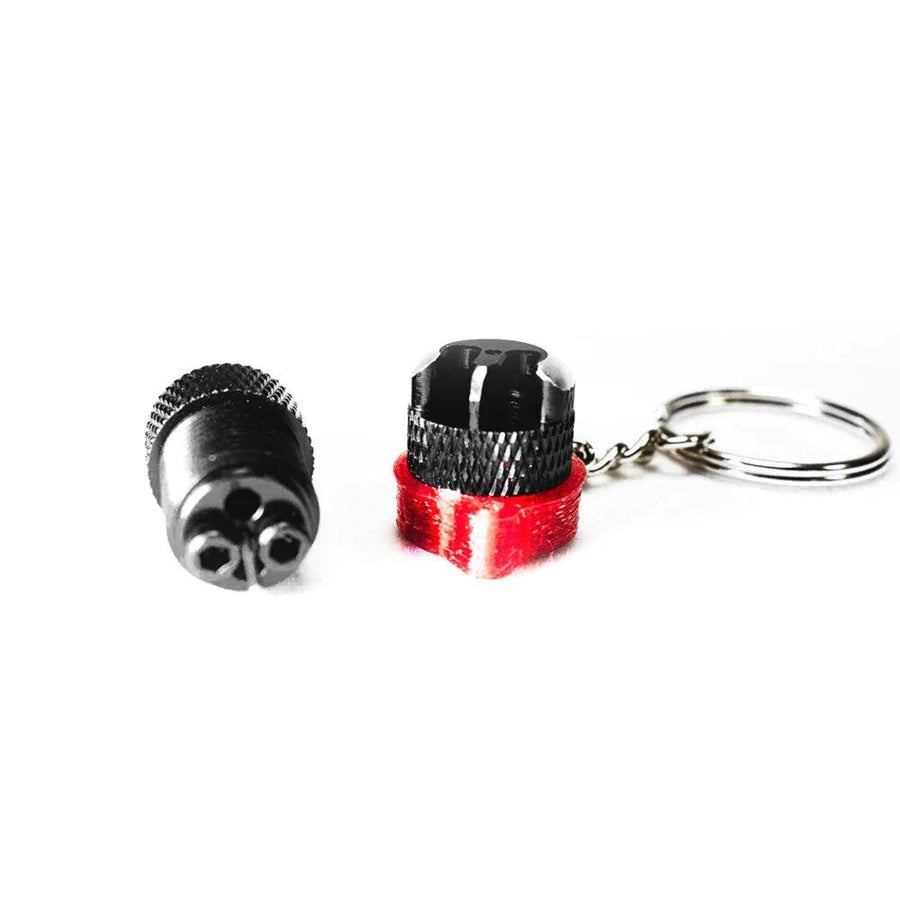NDAA Compliance & FPV
What You Need to Know
What is NDAA Compliance?
The National Defense Authorization Act (NDAA) is an annual U.S. federal law that defines military budgets and security priorities. Section 848 of the FY20 NDAA prohibits the U.S. government and its contractors from using drones or drone components made by certain foreign entities—primarily Chinese manufacturers like DJI, Dahua, and others.
This restriction applies to core systems and components, including cameras, flight controllers, video transmitters (VTXs), GPS units, and data storage systems. Even if just one component of a drone originates from a restricted supplier or country, the entire platform may be deemed non-compliant.
These measures are intended to protect against supply chain compromise, cyber infiltration, and unwanted data exfiltration from unmanned systems deployed in defense and critical infrastructure roles.
What Does This Mean for FPV?
In the FPV community, many components are manufactured overseas—especially in China. This means much of what’s popular in the hobby space may not be usable in U.S. government applications.
- Hobbyists and racers: Not bound by NDAA restrictions and free to use popular gear like DJI, Runcam, Caddx, and Foxeer.
- Government, military, public safety, and contractors: Must use NDAA-compliant parts to remain eligible for contracts and grants.
Learn more about the U.S. Department of Defense’s position on banned components in their official DJI systems statement.
NDAA-Compliant FPV Gear
At WREKD®, we are actively working with U.S.-based and NDAA-compliant manufacturers to supply mission-ready FPV systems.
- Flight controllers and VTXs from approved suppliers
- Open-source firmware and vetted software with transparent development histories
- Cameras, GPS modules, and accessories sourced from non-restricted vendors
The Blue UAS Program by the Defense Innovation Unit (DIU) maintains a growing list of vetted drones and components that meet NDAA criteria.
💡 Why Should This Matter to You?
- If you're a hobbyist: You're free to fly whatever gear you want. No NDAA restrictions apply to recreational flying.
- If you're building drones for government, public safety, or military use: NDAA compliance is essential. Non-compliant systems may be rejected, disqualify your company from contracts, or even create cybersecurity liabilities.
NDAA-compliant drones also position you to work with universities, municipalities, and federally funded organizations that must follow these standards.
How to Spot NDAA-Compliant Products
On WREKD.com, look for the ✅ NDAA Compliant badge on product pages. We are actively labeling and expanding our selection of compliant gear.
If a product doesn’t say it is NDAA compliant, assume it likely isn’t. Reach out to our team for verification or build consulting. We can help assess parts lists and recommend substitutions where needed.
Need a vetted build for government use? Visit our WREKD® Special Projects or contact our team directly.
Important NDAA Timelines & DJI Ban Info
- November 12, 2024: Federal procurement bans under the Federal Acquisition Regulation (FAR) go into effect.
- December 22, 2025: Federal research institutions must remove non-compliant drones from funded projects.
- December 23, 2025: The DJI Ban may go into effect automatically if no security audit is completed (DJI ban guide).
Final Thoughts
NDAA compliance isn’t just a technical box to check—it’s a step toward greater trust, integrity, and national security in unmanned systems. Whether you're building for recreation or mission-critical tasks, awareness matters.
At WREKD®, we’re committed to helping pilots and builders of all backgrounds get the gear they need—so even if it's not a bando oasis, gnarly chases, or the fastest races...
We're still here and ready to support your mission.








